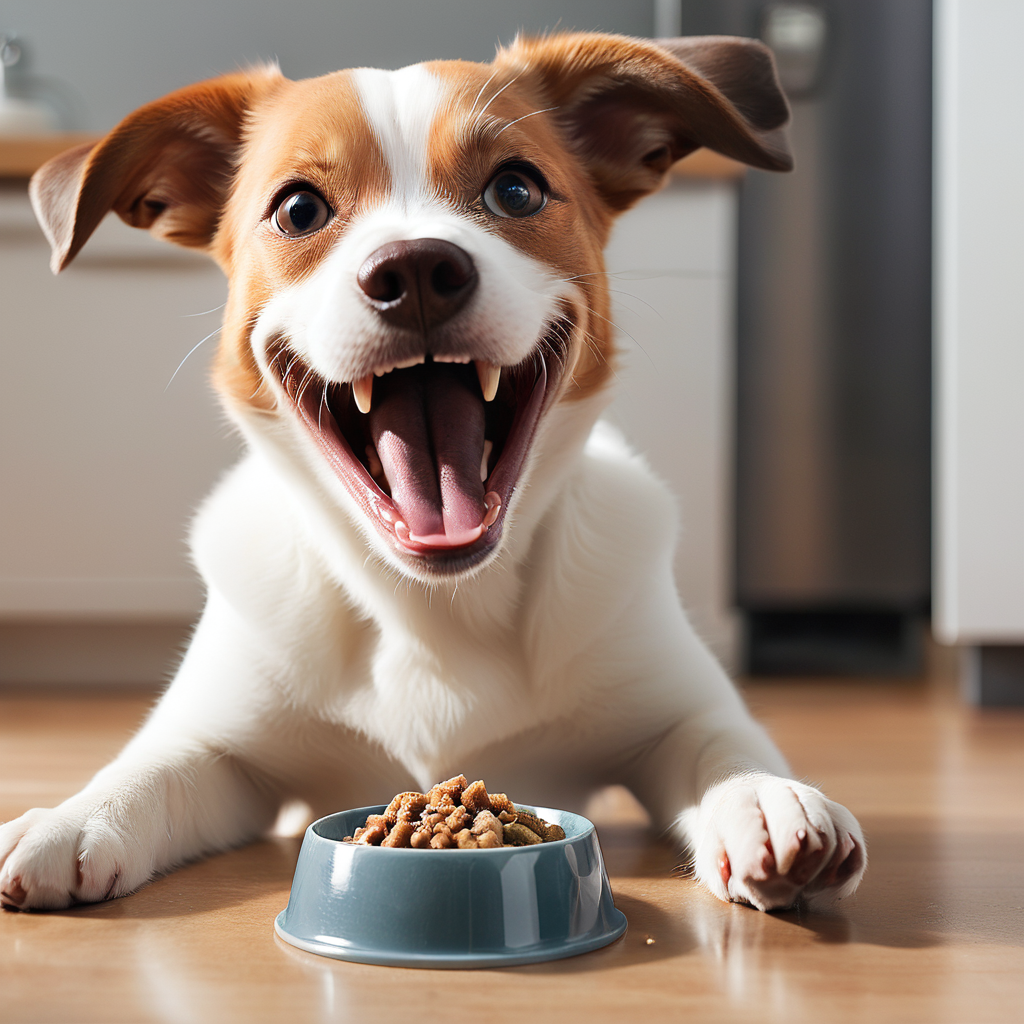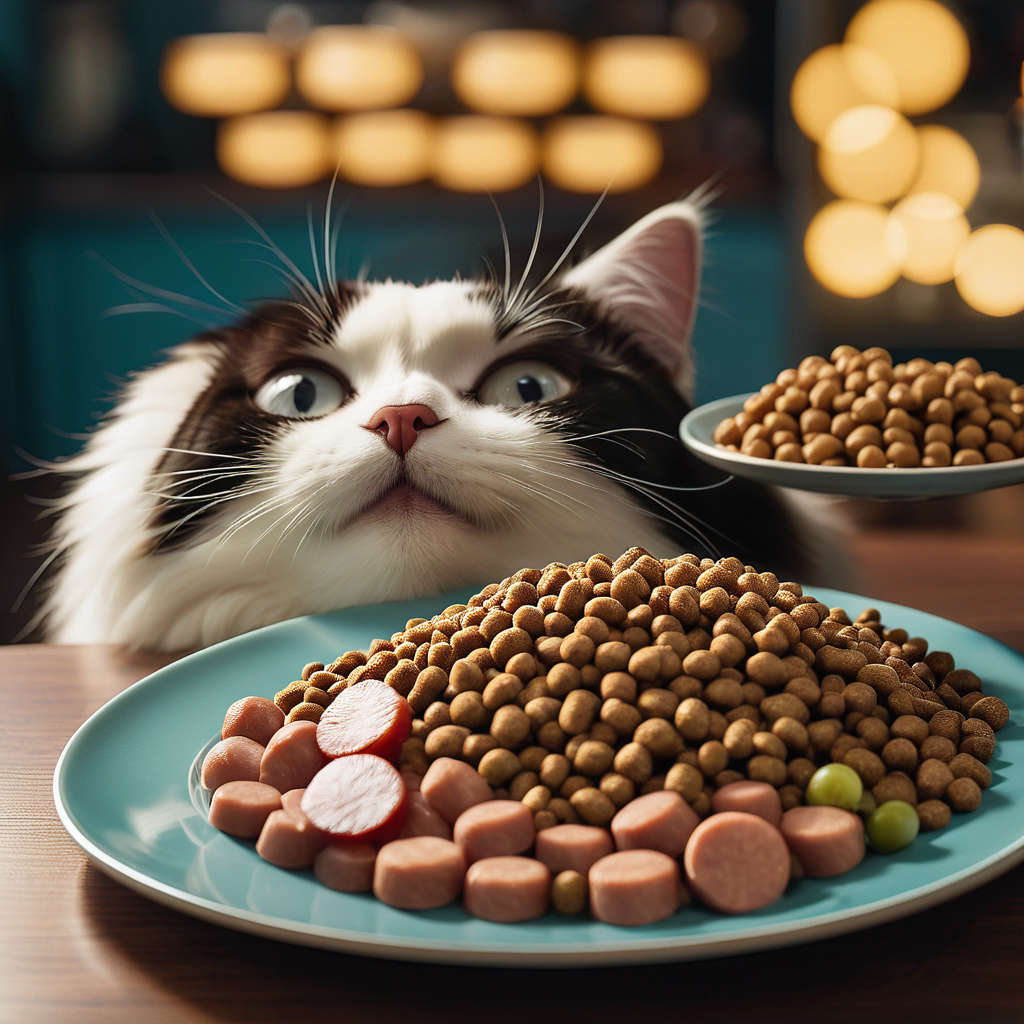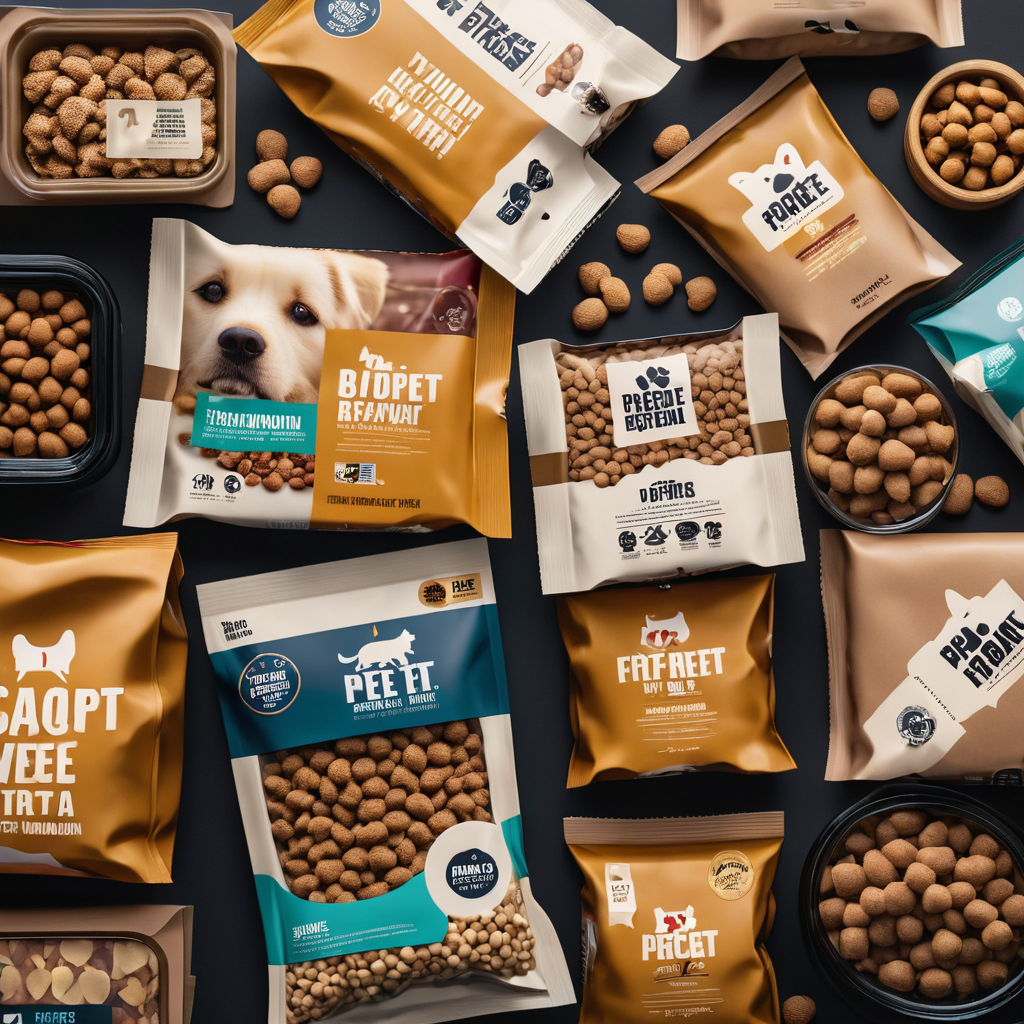Introduction
Ensuring your pet gets the right nutrition is one of the most important aspects of pet care. A well-balanced diet can help your pet live a longer, healthier life. This guide will walk you through the essentials of pet nutrition, providing tips and advice on what to feed your furry friend.

Understanding Pet Nutrition
Pets, like humans, require a balanced diet that includes proteins, fats, carbohydrates, vitamins, and minerals. However, the specific needs can vary significantly between different types of pets. Here’s a breakdown of what different animals typically need in their diet:
Dogs:
- Proteins: Essential for muscle growth and repair. Sources include meat, fish, and eggs.
- Fats: Provide energy and support skin and coat health. Look for omega-3 and omega-6 fatty acids.
- Carbohydrates: Supply energy and support digestive health. Whole grains and vegetables are good sources.
- Vitamins and Minerals: Crucial for overall health. Ensure a mix of fruits and vegetables for vitamins A, C, E, and minerals like calcium and phosphorus.

Cats:
- Proteins: Cats are obligate carnivores, meaning they need a high-protein diet primarily from animal sources.
- Fats: Important for energy and skin health. Fish oils are a great source.
- Carbohydrates: Cats don’t require carbohydrates as much as dogs do, but small amounts from vegetables can be beneficial.
- Vitamins and Minerals: Taurine is essential for cats, along with vitamins A, D, and E.

Birds:
- Proteins: Necessary for feather growth and repair. Include seeds, nuts, and a bit of lean meat.
- Fats: Provide energy and support feather health. Seeds and nuts are good sources.
- Carbohydrates: Fruits and vegetables offer necessary carbohydrates and fiber.
- Vitamins and Minerals: Fresh fruits and vegetables provide essential vitamins. Calcium is crucial for egg-laying birds.
Choosing the Right Food

Selecting the right food for your pet can be overwhelming with the myriad of options available. Here are some tips to help you make an informed decision:
- Read the Labels: Look for foods that list a high-quality protein source as the first ingredient. Avoid foods with excessive fillers like corn, wheat, and soy.
- Consider Life Stage: Puppies/kittens, adults, and senior pets have different nutritional requirements. Choose a food that matches your pet’s life stage.
- Special Dietary Needs: Some pets may have specific dietary needs due to allergies, medical conditions, or lifestyle. Consult your vet for recommendations.
- Natural and Organic Options: These can be beneficial as they often avoid artificial additives and use higher-quality ingredients.
Homemade vs. Commercial Pet Food
Many pet owners are turning to homemade diets to ensure their pets receive fresh, high-quality ingredients. While this can be beneficial, it’s crucial to ensure that homemade diets are well-balanced and meet all of your pet’s nutritional needs. Always consult with a vet or a pet nutritionist before making the switch.
Common Feeding Mistakes
Avoid these common feeding mistakes to keep your pet healthy:
- Overfeeding: This can lead to obesity and related health issues. Follow the feeding guidelines on pet food packaging and adjust based on your pet’s activity level.
- Feeding Human Food: Not all human food is safe for pets. Foods like chocolate, grapes, onions, and certain artificial sweeteners can be toxic.
- Inconsistent Feeding Schedule: Stick to a regular feeding schedule to help manage your pet’s digestion and metabolism.
Conclusion
Proper nutrition is the cornerstone of your pet’s health and happiness. By understanding the nutritional needs of your specific pet and making informed choices about their diet, you can ensure they live a long, healthy, and fulfilling life. Always consult with your veterinarian to tailor the best diet plan for your furry friend.
Leave a Reply